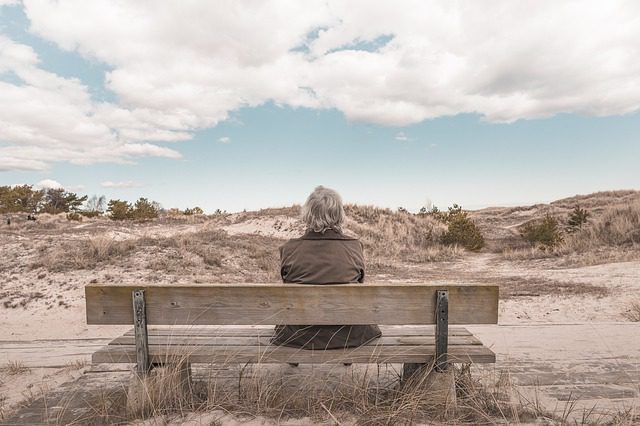
With October being Depression Awareness Month, we wanted to talk about depression and older adults. Many people believe the common misconception that depression risk decreases as we age. According to the Centers for Disease Control and Prevention (CDC), depression affects about one to five percent of the general elderly population, and 13.5% in elderly who require home healthcare.
Many older adults are misdiagnosed because their symptoms are common with other age-related issues or attributed to other illnesses, medications, or life changes. Some common signs of depression include the following:
- Persistent sadness (for two weeks or more)
- Excessive worrying
- Feeling helpless
- Difficulty sleeping
- Difficulty concentrating
- Withdrawing from social activities
One thing that can increase risk of depression or worsen current depressive symptoms is a physical illness. Chronic medical conditions from cancer and heart disease, to Parkinson’s and Alzheimer’s, can all lead to depressive symptoms. Medications prescribed to treat the above mentioned and other conditions can also contribute to feelings of depression, and if your loved one is feeling depressed while taking a medication, you should consult with their doctor.
Depression is often confused with dementia but there are some key differences. With depression, a loved one understands where they are, has normal language and motor skills and may worry about their memory. With dementia, a loved one is often confused as to where they are, has impaired motor skills and is usually unaware of memory issues.
Untreated depression also increases the risk of suicide. The suicide rate of people ages 80 to 84 is more than twice that of the general population and the National Institute of Mental Health considers depression among people over 65 to be a major public health concern.
If you are concerned a loved one may be experiencing symptoms of depression, here are some things you can do to help.
- Encourage social interaction or have them take part in a day program to combat isolation
- Make sure they are keeping physical active – even walking helps
- Have a conversation about how they are feeling
- Encourage them to talk to a professional
- If you are concerned, they are at risk of suicide, seek immediate medical attention or call 911
- Consult the suicide prevention hotline at 1-800-273-8255
Depression is not a normal part of the aging process. If you’d like to speak with Cooperative Elder Services regarding our day programs and how they can help your loved one have social contact, physical activity and have contact with a nurse to monitor physical and mental health changes, contact us at 781-863-1166 ext. 104.


